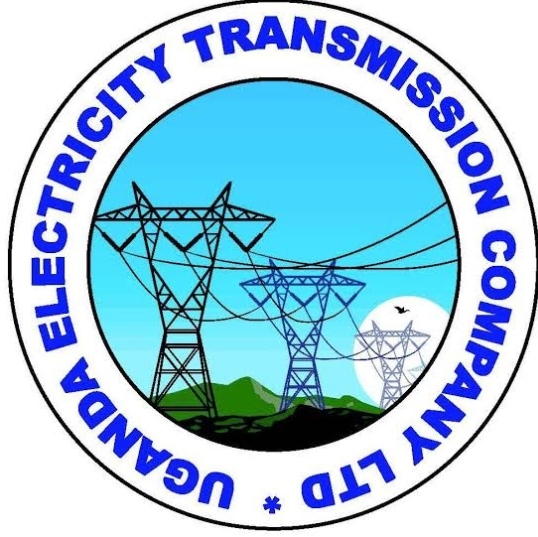The High Court has ruled against the Uganda Electricity Transmission Company Limited (UETCL) for unlawfully installing high-voltage power lines over private land without compensating the owner. The court directed the company to pay Shs 200 million in damages and an additional Shs 200,000 per day until full compensation is made.
The case was filed by Rafella Adong, who sued UETCL for running transmission cables over her 2.023-hectare property in Nalubudde, Entebbe, without her consent. Represented by lawyer Gunter Piber, Adong argued that the company’s actions violated Article 26 of the Ugandan Constitution, which protects property rights and mandates compensation before land acquisition.
UETCL, in its defense, claimed that it had offered Adong Shs 198 million as compensation, which she rejected. The company further argued that since no pylons had been installed on her land only overhead cables it had not interfered with her ability to use the property. Additionally, UETCL stated that Adong was an absentee landowner and difficult to reach.
Justice Musa Ssekaana, who presided over the case, ruled in Adong’s favor, affirming that her property rights had been violated. He emphasized that land ownership extends beyond the surface to the airspace above, making UETCL’s installation of power lines without consent an illegal act.
“The plaintiff holds a legal title to the land, and it is clear that the transmission project has affected her ability to fully utilize the property,” the judge stated in his ruling.
The court awarded Adong Shs 100 million in general damages and another Shs 100 million as punitive damages. Additionally, UETCL must pay a daily fine of Shs 200,000 from the judgment date until full compensation is made. However, this ruling does not cover the actual value of the land itself.
Adong had initially demanded Shs 3.4 billion, citing unlawful occupation of her land for 348 days between March 2023 and July 2024. The ruling serves as a reminder of the importance of due process in land acquisition and reinforces the need for companies to respect property rights.
![]()
























